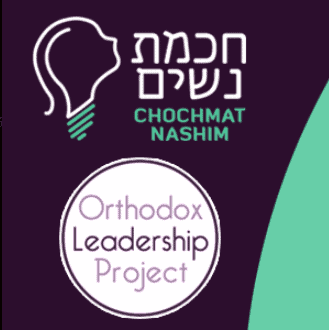In the words of Albus Dumbledore in the first Harry Potter book, “Fear of a name increases fear of the thing itself.” We might think invoking G-d’s Name frequently would elevate Him in the eyes of those who hear us – that it would “raise” (yisa) Him up (cf. Ohr Hachaim and others). In reality, His Name is lowered by overuse, as tossing it around casually demonstrates a lack of appropriate awe. If we make a point of avoiding saying G-d’s Name, we can build up a sense of appropriate awe and trembling with regard to Him.
Fast-forward, then, to this week’s parsha — specifically, to Exodus 23:13, “And regarding everything I have commanded you, you should be careful, and do not mention the name of other gods; it should not be heard upon your mouth.”
If we demonstrate respect for G-d’s holy name by limiting its mention to only the most serious contexts, it would seem logical to do the opposite with the false gods we reject. Why not say “Baal” all the time, just to show I believe the word is entirely mundane and I’m not afraid of him? If I go out of my way to avoid saying it, won’t that imply I have some respect for the god — or, as Dumbledore might have it, even instill some degree of fear of Baal?
